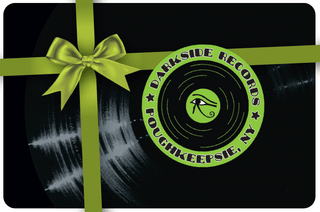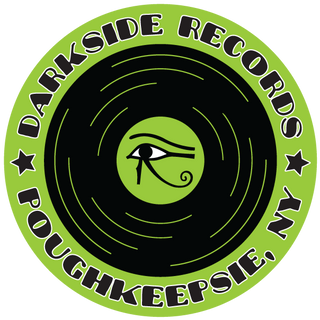John Damgaard- John Damgaard Plays Schubert

Franz Schubert's Moments Musicaux was published in 1828 but partly written in previous years. After Beethoven's monumental 32 sonatas there were no longer a desire from publishers' point of view to print "sonatas", and as a result composers tried to find alternative titles to shorter pieces such as Impromptus, Nocturnes etc. Probably the second set of Schubert's Impromptus were intended as a sonata (at least according to Schumann), but after protests from the publisher ended up as 4 Impromptus. In the case of Schubert this was in a way an advantage. For although some of his sonatas are among the best music ever written, they were a result of a big struggle to try to live up mto Beethoven. But for him it was the most natural thing in this world to put anything he experienced into music - water flowing, hunting scenes, galloping horses, thunder and more than anything else the best thing he knew - walking. Actually, it is important for any musician approaching Schubert in terms of tempi to take into consideration that there is almost always an element of "walking". This ability is of course the reason for the enorm us number of songs - more than 600! "Give Schubert a menu card - and he will put it into music"! John Damgaard John Damgaard - a student of Georg Vasarhelyi, Ilona Kabos and Wilhelm Kempff - was assistant professor at The Royal Danish Academy of Music from 1969-84, and from 1984-2007 professor at the Royal Academy of Music, Aarhus. Since many years he is guest professor at Musashino Academia Musicae in Tokyo, Japan, as well as guest professor at the Australian National Academy of Music in Melbourne.
Franz Schubert's Moments Musicaux was published in 1828 but partly written in previous years. After Beethoven's monumental 32 sonatas there were no longer a desire from publishers' point of view to print "sonatas", and as a result composers tried to find alternative titles to shorter pieces such as Impromptus, Nocturnes etc. Probably the second set of Schubert's Impromptus were intended as a sonata (at least according to Schumann), but after protests from the publisher ended up as 4 Impromptus. In the case of Schubert this was in a way an advantage. For although some of his sonatas are among the best music ever written, they were a result of a big struggle to try to live up mto Beethoven. But for him it was the most natural thing in this world to put anything he experienced into music - water flowing, hunting scenes, galloping horses, thunder and more than anything else the best thing he knew - walking. Actually, it is important for any musician approaching Schubert in terms of tempi to take into consideration that there is almost always an element of "walking". This ability is of course the reason for the enorm us number of songs - more than 600! "Give Schubert a menu card - and he will put it into music"! John Damgaard John Damgaard - a student of Georg Vasarhelyi, Ilona Kabos and Wilhelm Kempff - was assistant professor at The Royal Danish Academy of Music from 1969-84, and from 1984-2007 professor at the Royal Academy of Music, Aarhus. Since many years he is guest professor at Musashino Academia Musicae in Tokyo, Japan, as well as guest professor at the Australian National Academy of Music in Melbourne.





